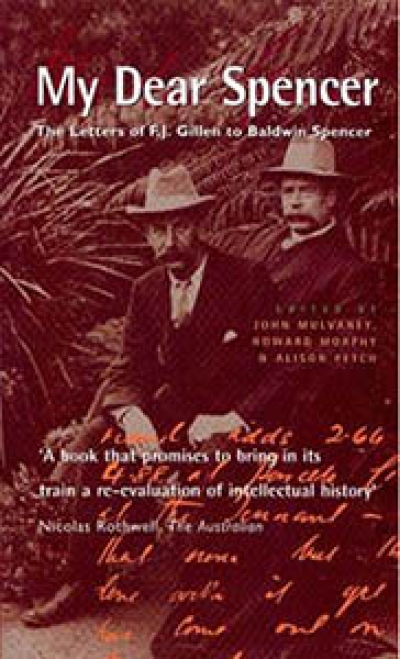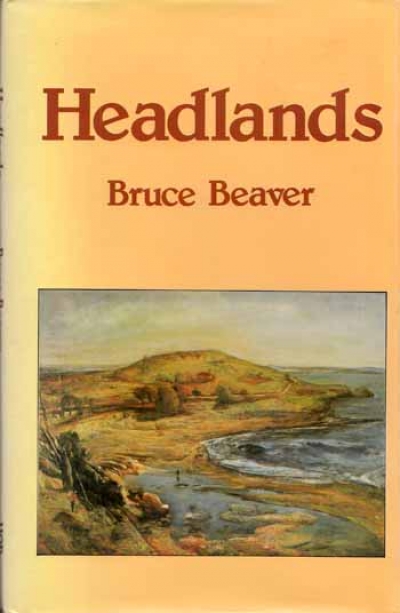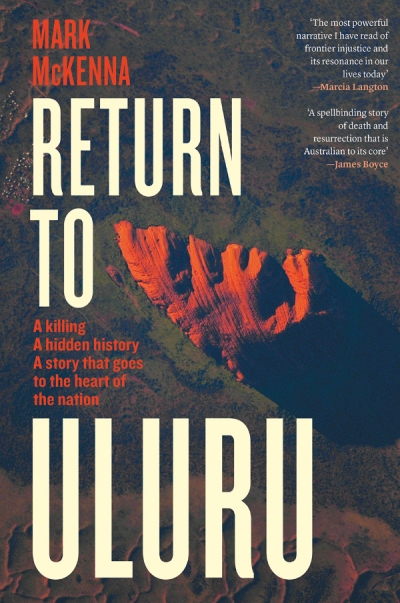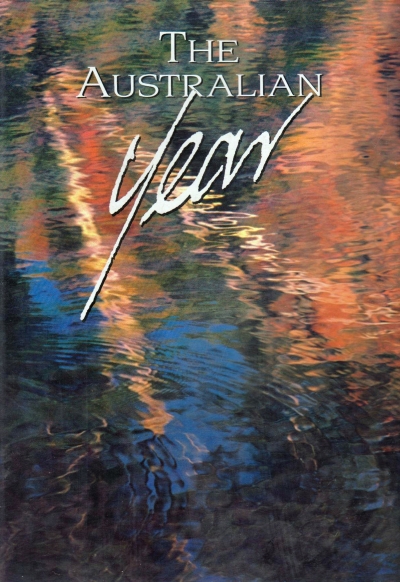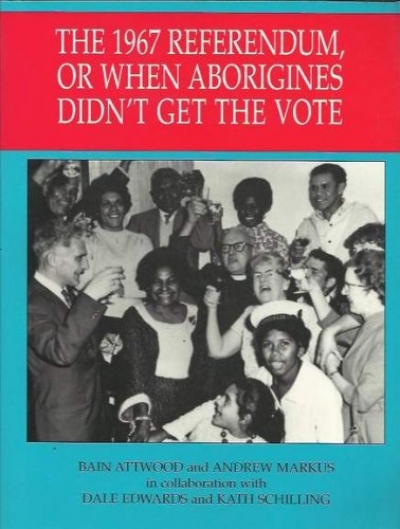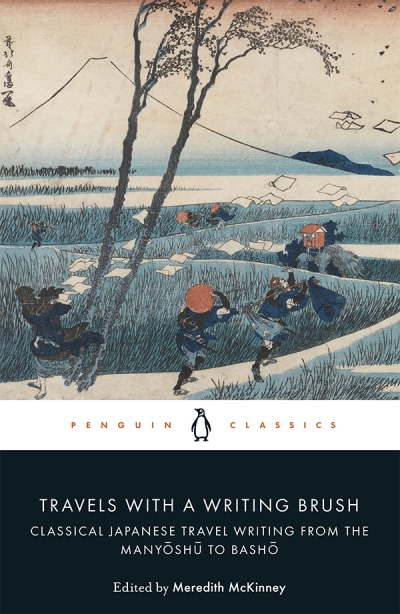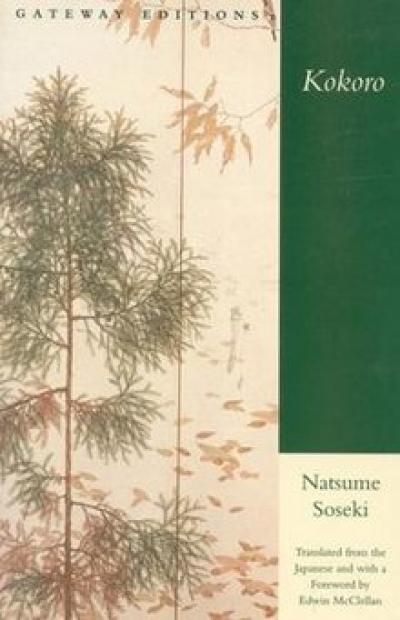Barry Hill

Barry Hill has won Premier’s Awards for poetry, non-fiction, and the essay. He has been writing full-time since 1976, when Penguin published his first book, The Schools. Prior to that he worked as a educational psychologist and journalist in Melbourne and London. His short fiction was widely anthologised. In recent years he has been writing history and fiction. For fifteen years he was Radio Critic for The Age; for ten years the Poetry Editor for The Australian. He is possibly best known for his two major works, Broken Song: TGH Strehlow and Aboriginal possession, and Peacemongers, a study of Rabindranath Tagore and the history of bombing. Recent works include Eagerly We Burn: Selected poems and Reason and Lovelessness: Essays, 1980–2017.
When Baldwin Spencer, the eminent Professor of Biology at Melbourne University, arrived in Alice Springs in 1894 as a member of the Horn party, the first scientific expedition to Central Australia, he knew very little anthropology. Edward Stirling, South Australia’s Museum Director who would write their chapter on anthropology, was not much better off. The man who was in the know was the man on ... (read more)
The jacket painting on Bruce Beaver’s highly wrought little book of prose poems is Lloyd Rees’ ‘The Coast near Klama’. It’s an elevated view of virgin green and dun coloured headland, the ochres rising through. Sea swirls into an oysterish bay. There is one distant figure looking down on another distant figure in a rock pool below. The sky, as with so many Rees skies, is egg-shelly yello ... (read more)
The distinguished historian Mark McKenna has written an elegant and hungry book about the pull of Uluru, that place of mysterious significance to Australians, black and white. Of course, in recent times, the Uluru Statement from the Heart – the heart that had a stake driven through it the moment it was entrusted to the most powerful whites in Canberra – is a complicated domain of passion and p ... (read more)
The Australian Year looks like the dreaded coffee table book, yet another gloss on the national ‘identity’, backed by Esso, and fit for export only. Certainly, the cover picture of parroty water gives that impression, as do many familiar ones inside, though the main photographer, Peter Solness, does turn in some good homely details as well. Generally, the photographs stand like an avenue of pl ... (read more)
This eccentric, laborious book is designed to correct what most of us think about the 1967 Referendum. The popular belief – the authors call it a myth – is that the Australian people then voted to acknowledge citizenship by giving Aborigines the vote, and that this was a Commonwealth thrust towards, crucial, deeper involvement in Aboriginal affairs.
‘Surely 27 May should be Australia’s na ... (read more)
Meredith McKinney, our pre-eminent translator of Japanese classics – among them Sei Shōnagon’s The Pillow Book, the poetry of Saigyō Hōshi, the memoirs Essays in Idleness by Yoshida Kenkō, and Kamo no Chōmei’s Hōjōki (Record of the Ten Foot Square Hut) – has delivered another marvel of absorbing, elegant scholarship. Travels with a Writing Brush crosses the country of old Japan, fro ... (read more)
Australia is supposed to have a knowing relationship with East Asia, but the embarrassing truth we keep under wraps is that you can count on one hand the number of first-class translators we have produced. There are no doubt complex cultural reasons for this, but it is hard to escape the impression that many academics teaching Chinese and Japanese have not been earning their keep.
... (read more)


